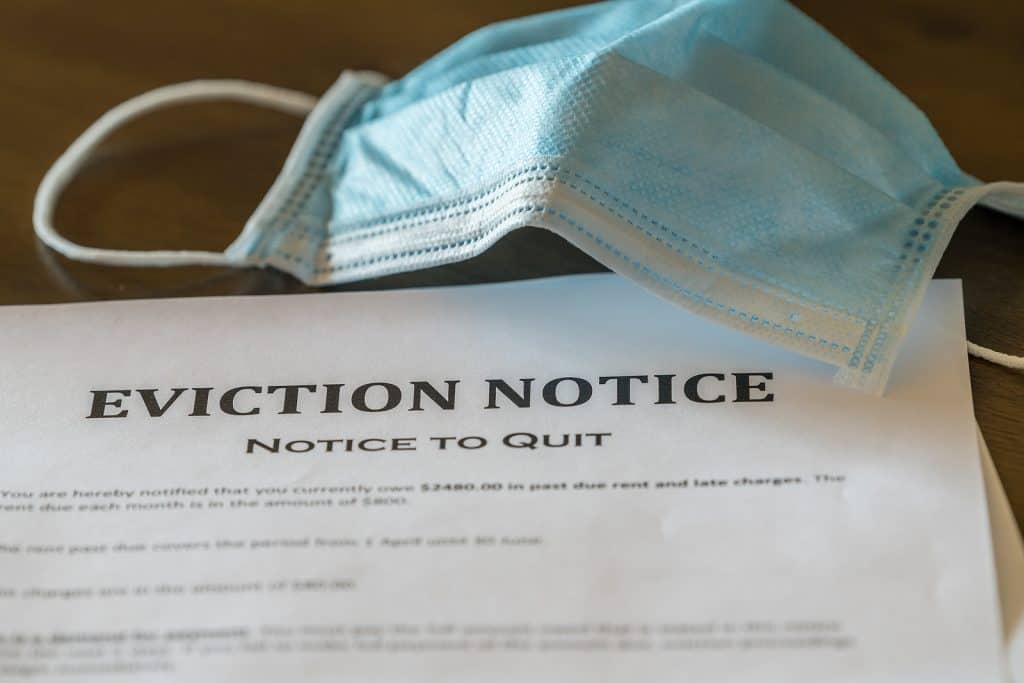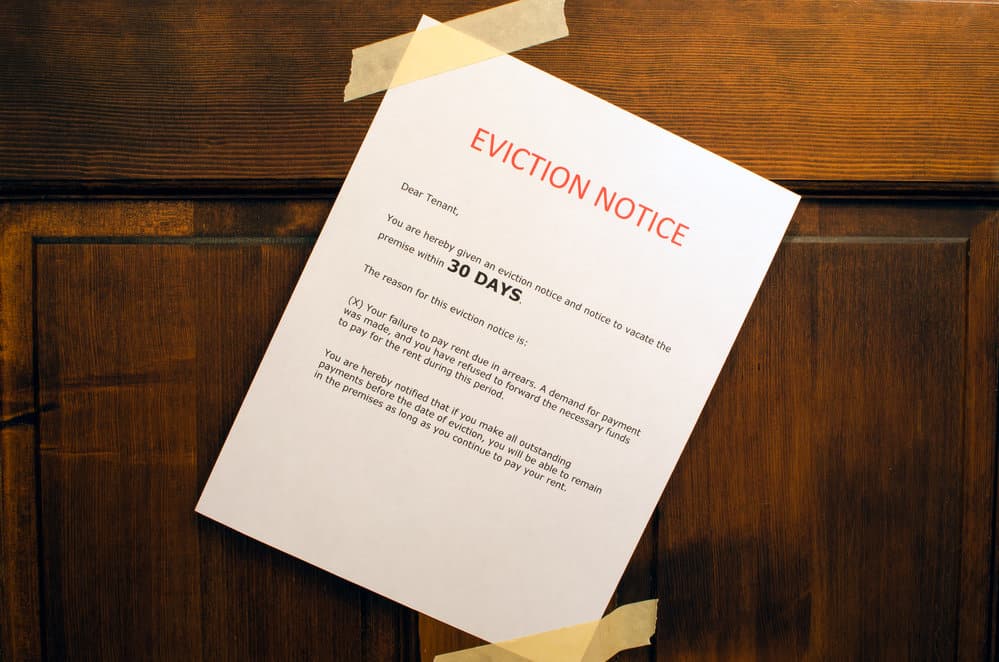The new eviction moratorium covers around 40 million renters nationwide until December 31st. The decision was implemented by the Centers for Disease Control and Prevention (CDC) in a move to help curb the spread of the coronavirus among households facing financial hardship.
The CDC has used the authority granted by the federal government following the public health law 42 U.S.C. 264(e) which was enacted to control communicable diseases in 1944. The previous eviction moratorium put in place to protect against income loss caused by the pandemic ended in July this year. This had been created by the CARES Act and had only applied to federally funded housing. However, it also included rental units that had mortgages backed by Fannie Mae and Freddie Mac.
With the issuing of this new order, the CDC announced that the spread of the coronavirus becomes increasingly easier when people are forced to move. These moves often entail settling into shelters, shared living conditions, or force people to change states.
In the order, the CDC stated that social distancing and other infection control measures cannot be adhered to in some settings where people are forced to move into.
Eviction Halts from September 1st to December 31st
According to Treasury Secretary Steven Mnuchin, the moratorium announced by the Trump Administration is set to protect over 40 million renters, especially in states where protective measures that exceed the order are not in place. Several states have enacted eviction moratoriums, but in some, they have already expired. California recently voted to established new measures to help renters there.
A declaration available on the CDCs website will have to be completed and signed by renters and given to their landlord. On the declaration, renters must indicate they cannot pay the rent in full, and if evicted they would be forced to live with others or be completely homeless.
Proof must be presented that they cannot afford the rent and that they have tried to receive assistance from the government. In some cases, the landlords can still evict tenants. This includes if they pose a threat to neighbors due to health or safety. Also, if they have destroyed the property.
Another requirement for getting the moratorium is the person filling in the declaration expects to earn less than $99,000 in 2020 or has qualified for a direct stimulus payment under the CARES Act. In joint filings, the expected total income must be less than $198,000 for 2020.
Senior administration also pointed out that renters are not pardoned from paying rent, and must make whatever payments they can afford toward it.
Diane Yentel, president and CEO of the National Low Income Housing Coalition recently pointed out to Market Watch even though the eviction moratorium is a vital measure, and the least the federal government could do, it has one major drawback. “At the end of the moratorium, the back rent will still be owed to landlords,” she said.
Yentel has called on Congress to pass a new bill for rental emergency assistance of at least $100 billion. Activists and some lawmakers have also been calling for rent cancellations as a form of COVID-19 relief.
Renters and landlords do already have access to various funds that are in place according to administration officials. These include $142 billion from the Treasury Department and grants from the Department of Housing and Urban Development.
John Pollock, the coordinator of the National Coalition for Civil Right to Counsel and an attorney, told CNN Business tenants may be confused when answering the question about their eligibility. He also pointed out some landlords will try to collect back rents once the moratorium ends and some will want them repaid as soon as possible. He pointed out: “There is no solution without rent relief.”
The moratorium does not allow for renters to be approved. Renters are responsible for ensuring they meet the criteria by providing their landlord with the written and signed statement by each adult on the lease.
These statements are sworn testimonies and renters are required to reflect the correct information or risk prosecution if they leave anything important out. It is also recommended when renters submit their statements to their landlords, they keep a copy of it. They should also keep copies of any other documentation they submitted in case the landlord denies receiving it.
Pollock suggests that people struggling with their rent should contact their local legal aid organizations to see what their local jurisdictions offer them as protection. In some cases, it is more than the CDC’s moratorium offers and offers greater protection.



